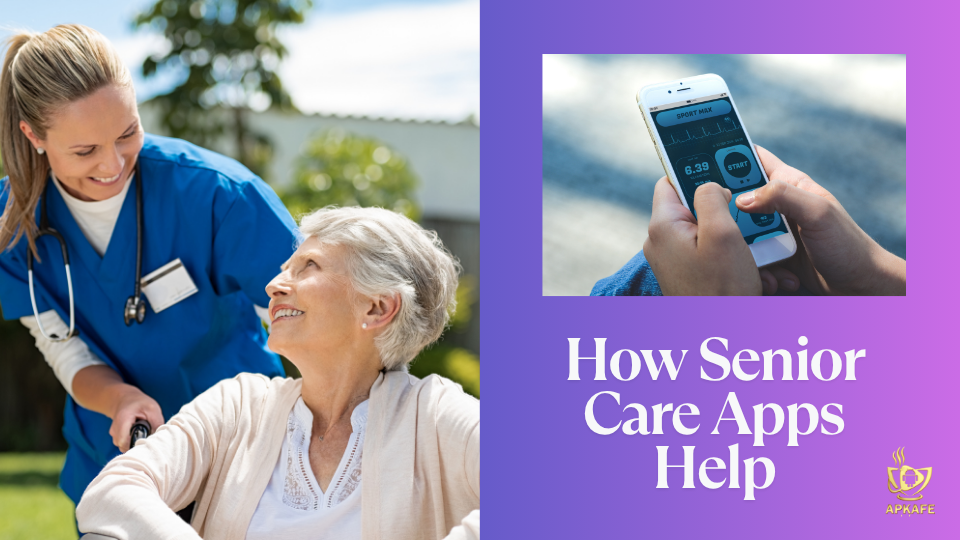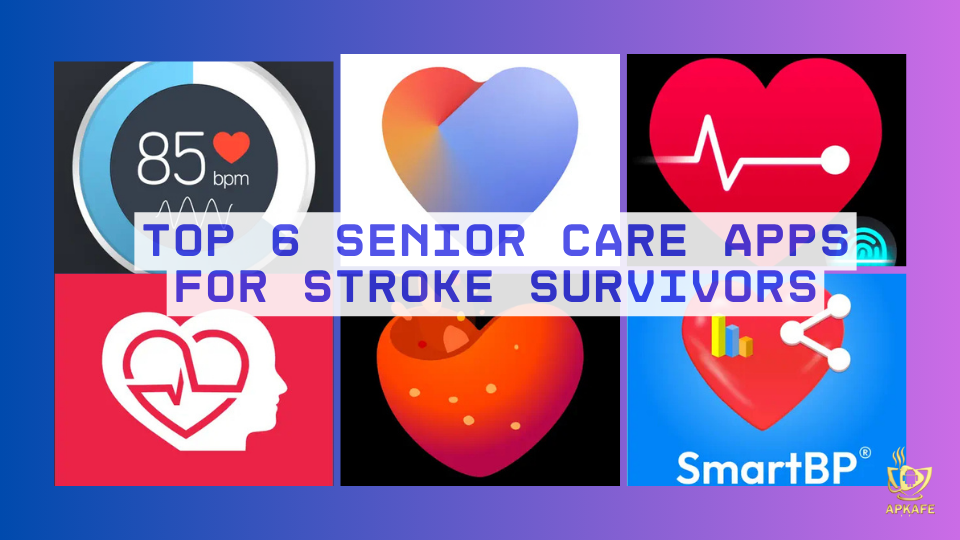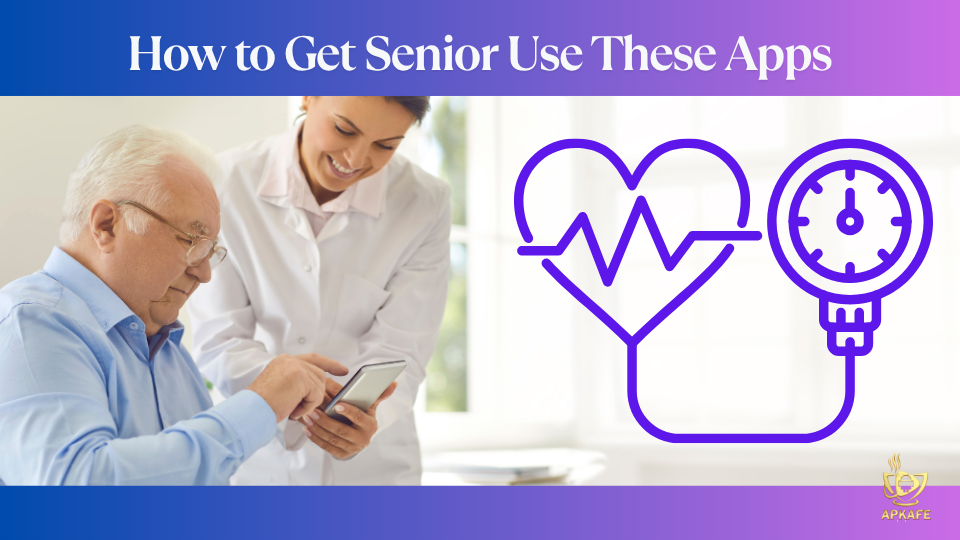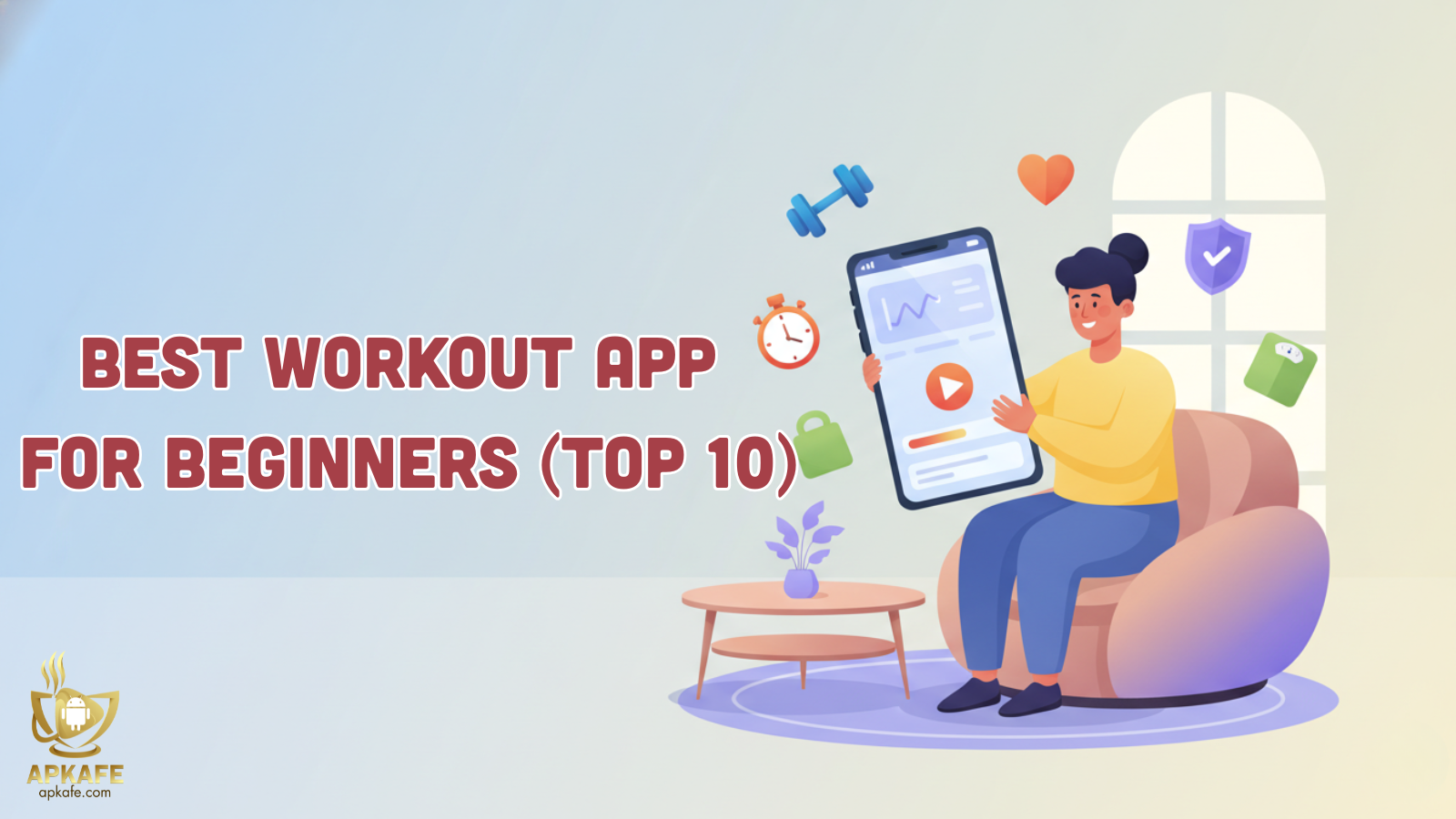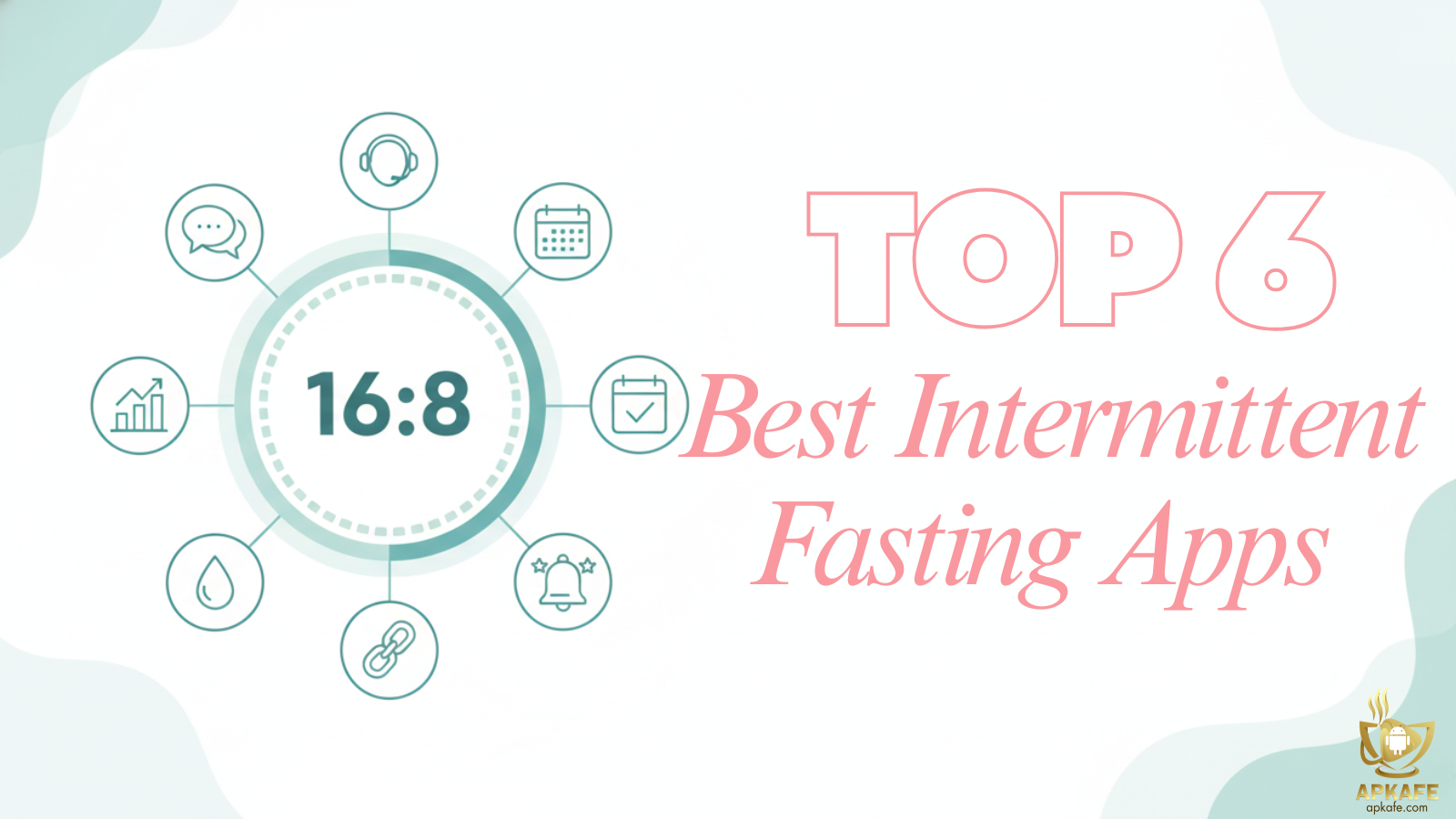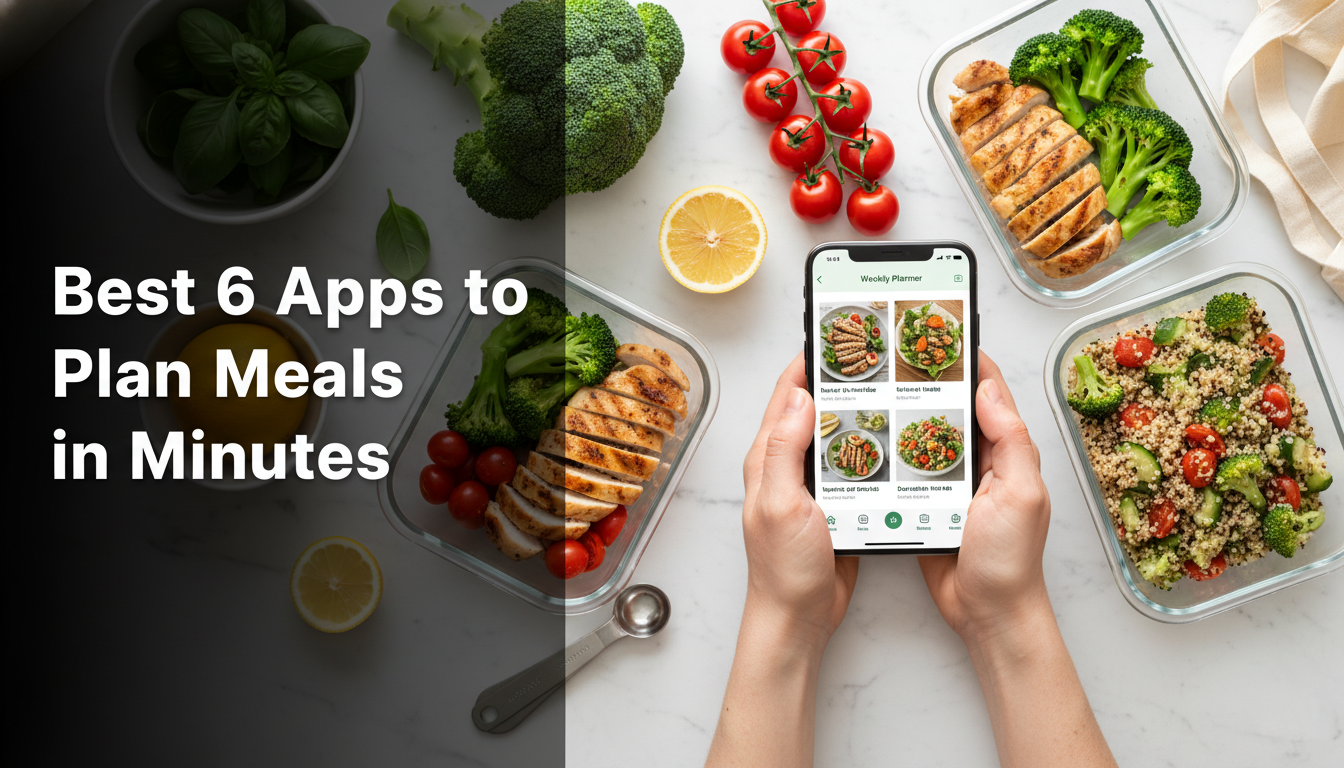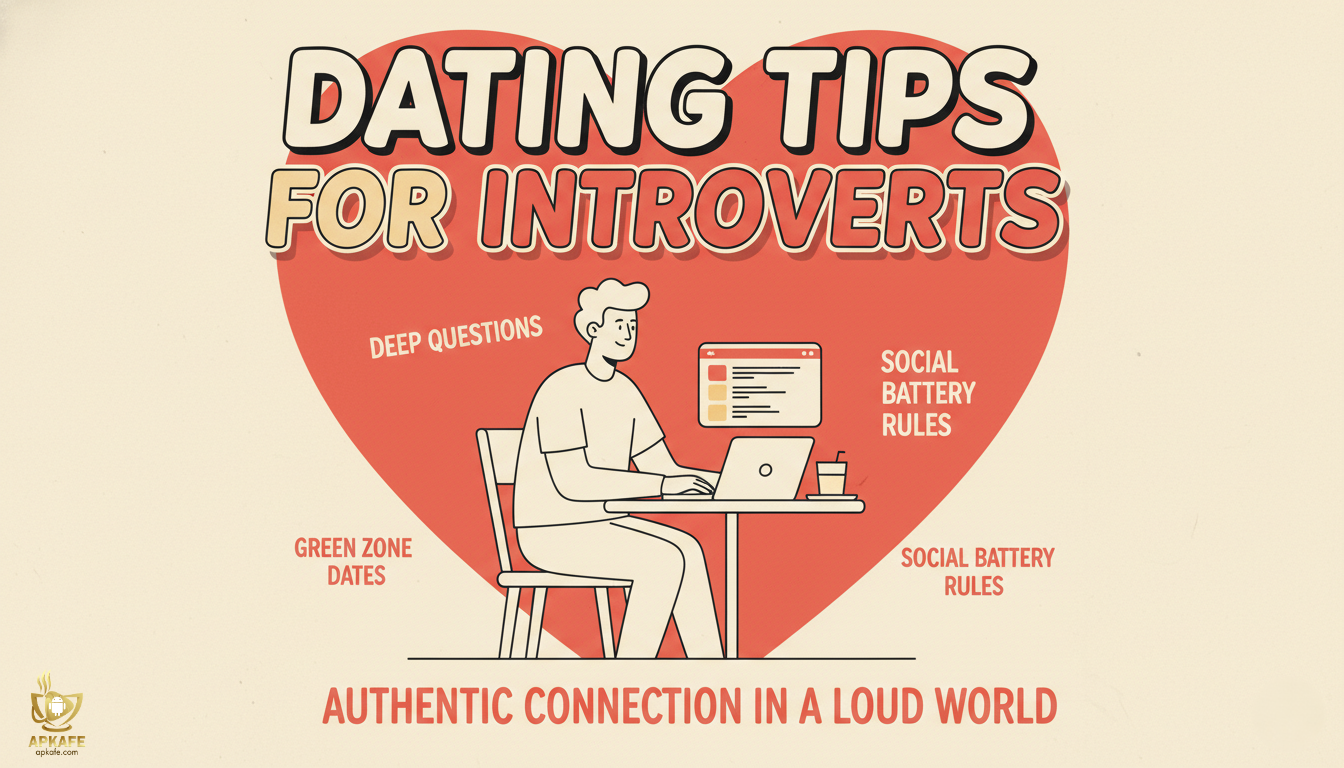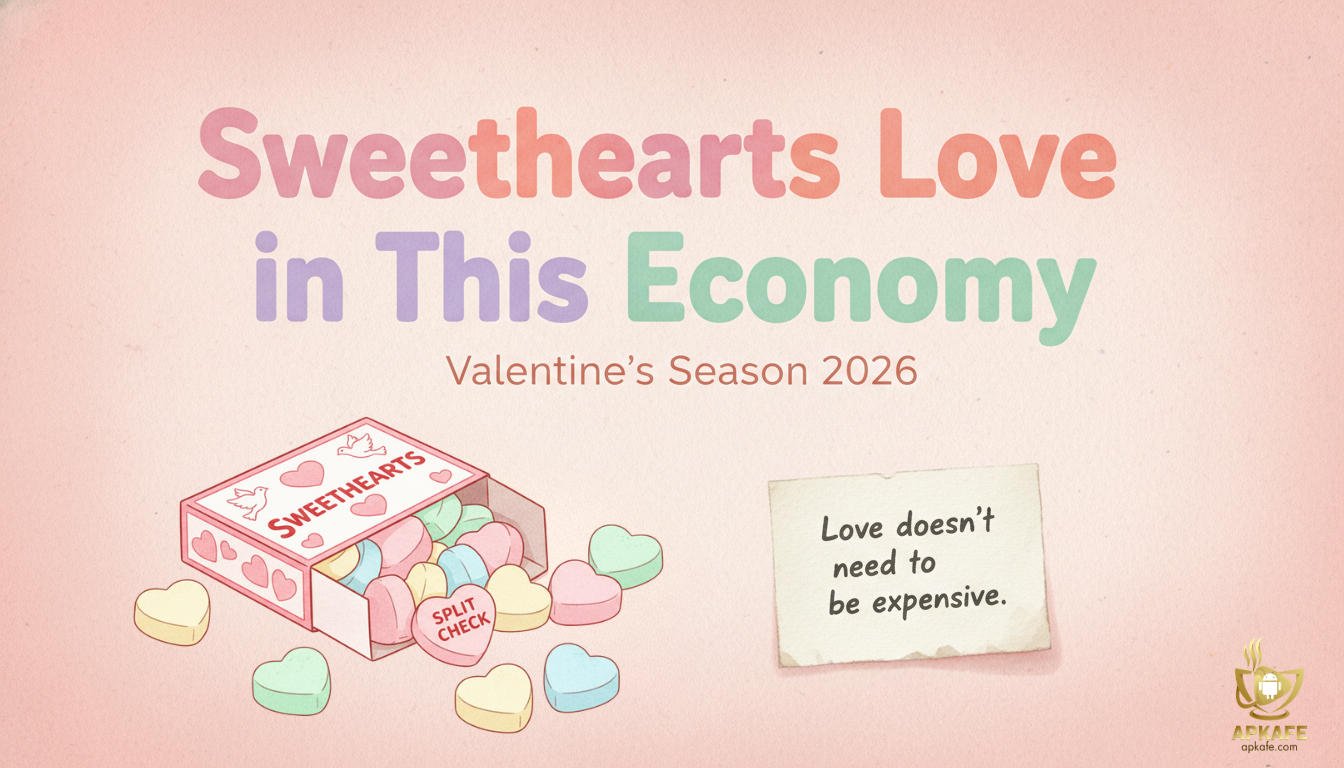Top 6 Senior Care Apps: Best Heart & Blood Tools for Stroke Prevention
For stroke survivors, especially seniors, tracking heart health, blood pressure, and overall wellness is critical to long-term recovery. Thanks to modern technology, a range of powerful apps now allow elderly users and caregivers to monitor vital signs, manage medications, and get insights right from their phones. Here are the 6 best senior care apps tailored to support stroke survivors—easy to use, reliable, and full of life-saving features.
Stroke is the leading cause of long-term disability in older adults, and post-stroke monitoring is vital to prevent relapse. Regular checks on heart rate, blood pressure, and stress indicators can make a major difference. The good news? Senior care apps can now help manage these metrics from the comfort of home, without hospital visits.
In this article, you’ll discover 6 top-rated apps that are perfectly suited for stroke survivors—especially elderly users who may need simplicity, reliability, and health insights in one place.
Highlights of The Senior Care Apps
- Easy-to-use apps designed for stroke survivors and seniors
- Monitor heart rate, blood pressure, ECG, and stress
- Shareable health reports for doctors and caregivers
- Compatible with both Android and iOS devices
- Support both wearable-based and phone-only tracking
For better mindfulness, read our review of top meditation apps!
How These Senior Care Apps Help Stroke Survivors
After a stroke, the body becomes vulnerable to recurring cardiovascular events—especially if the underlying conditions such as high blood pressure or atrial fibrillation are not closely monitored. These apps offer a practical solution for consistent self-care.
Daily heart rate and blood pressure tracking allow stroke survivors to detect changes in their baseline health that could signal the onset of complications. Apps like Kardia and Cardiogram help identify irregular heart rhythms such as atrial fibrillation, which is a known cause of secondary strokes. Others, like SmartBP, enable users to track hypertension and understand how medication, diet, and activity levels are affecting their readings over time.
For many seniors, these apps also offer peace of mind. Being able to see a normal reading, or instantly email a report to a doctor, can reduce anxiety about symptoms. Additionally, the stress and fatigue that often accompany recovery can be managed more proactively through wellness apps like Welltory, which track heart rate variability to give insight into nervous system recovery and overall balance.
Perhaps most importantly, these tools promote independence. Seniors can regain a sense of control over their health, which is often lost during the trauma of a stroke. When paired with caregiver support, they create a collaborative approach that strengthens the recovery journey.
Top 6 Senior Care Apps for Stroke Survivors
1. Kardia – Mobile ECG & Heart Rhythm Monitoring
As we age, maintaining heart health becomes paramount. The Kardia app, paired with its portable EKG devices, offers seniors a convenient and reliable way to keep a close eye on their cardiac rhythm, providing peace of mind and potentially life-saving insights.
Kardia is a powerful app that pairs with a small device (KardiaMobile) to perform medical-grade electrocardiograms (ECGs) in just 30 seconds. It’s especially useful for stroke survivors with a history of atrial fibrillation or other arrhythmias. The app detects abnormal rhythms, including bradycardia and tachycardia, and lets users record their heartbeat anytime they feel discomfort. The readings can be saved and shared with a physician, making it a valuable bridge between doctor visits.
Key Features:
- FDA-cleared ECG recordings in 30 seconds
- Detects AFib, bradycardia, tachycardia
- Works with KardiaMobile sensor
- Data exportable for physician review
Best For:
Seniors needing regular ECG checks or those with irregular heart rhythms.
My Personal Review:
As a professional health tech reviewer, I’m impressed by how easy Kardia makes clinical-quality ECGs accessible to elderly users. It’s a must-have for stroke patients dealing with irregular heartbeats and gives real confidence between check-ups.
2. SmartBP – Blood Pressure App
High blood pressure, or hypertension, is often referred to as the “silent killer” because it can develop without any noticeable symptoms. Monitoring your blood pressure regularly is key to maintaining a healthy heart. SmartBP - Blood Pressure Tracker is a powerful and easy-to-use app that helps users track and manage their blood pressure. Whether you have hypertension, are at risk, or simply want to stay on top of your health, SmartBP offers a convenient way to track readings and monitor your progress. In this review, we’ll explore the key features, performance, and benefits of using this app to keep your heart health in check.
SmartBP is a well-designed app focused on blood pressure tracking. It allows users to manually input or sync BP data from smart monitors, and displays the information in color-coded graphs that make it easy to understand changes over time. Users can track systolic and diastolic pressure, pulse, weight, and even add notes for context. Reports can be exported to share with doctors or caregivers.
Key Features:
- Track systolic/diastolic BP with tags & notes
- Visual graphs to detect trends
- Syncs with Apple Health and Google Fit
- Exportable reports in PDF
Best For:
Stroke survivors dealing with hypertension or at risk of high BP relapses.
My Personal Review:
SmartBP offers both simplicity and depth. I’ve seen older clients feel empowered by understanding their BP patterns. The visual format and compatibility with Bluetooth BP monitors make it highly effective for stroke patients dealing with hypertension.
3. Cardiogram – Heart Rate & Health Insights
Heart health is one of the most important aspects of overall wellness, yet it’s often overlooked until problems arise. Cardiogram is an advanced heart health tracking app that helps users monitor their heart rate, detect abnormalities, and stay informed about their cardiovascular health. By providing valuable insights into heart rate trends, stress levels, and even detecting early signs of conditions like arrhythmia, Cardiogram makes heart monitoring accessible for everyone. In this review, we’ll explore the key features of the Cardiogram app, its user experience, and how it can help improve your heart health.
Cardiogram is a wearable-compatible app that uses smart sensors to monitor your heart rate continuously throughout the day. Designed to detect signs of AFib, stress, and fatigue, it uses AI algorithms to analyze patterns and predict potential issues. It’s particularly useful when connected to devices like Apple Watch or Fitbit, and the timeline view helps seniors or caregivers understand how daily activities affect cardiovascular health.
Key Features:
- Continuous HR tracking with smartwatches
- AI detects patterns and health anomalies
- Track sleep, steps, stress
- Family sharing supported
Best For:
Seniors using wearables who want deep heart and lifestyle insights.
My Personal Review:
This is one of the most advanced heart monitoring apps out there. I love how Cardiogram turns raw data into meaningful insights. It’s a perfect choice for seniors who are already using a smartwatch or are open to starting.
4. Heart Rate Monitor – Pulse App
Keeping track of your heart rate is an essential part of maintaining good health and achieving fitness goals. With the Heart Rate Monitor - Pulse App developed by AKRURA PTE. LTD., you can easily measure and monitor your heart rate, providing real-time data to help you understand your cardiovascular health. Whether you're working out, resting, or just want to track your heart rate regularly, this app offers an intuitive and accurate solution. In this review, we’ll dive into the app’s key features, user experience, and how it can help you maintain a healthier lifestyle.
This lightweight app uses the phone’s camera to measure pulse quickly and accurately. Users simply place a finger over the lens, and within seconds, the app displays their current heart rate. While it doesn’t track long-term trends, it’s excellent for quick daily checks, particularly for seniors who want minimal setup or who do not own a wearable.
Key Features:
- Heart rate measured via phone camera
- Instant readings and historical graph
- Simple tap-to-measure system
Best For:
Seniors needing quick checks without any device pairing.
My Personal Review:
This app is brilliant for what it does. It’s simple, fast, and requires no extra gadgets. I often recommend it to seniors just starting their digital health journey—it builds confidence without overwhelming them.
5. Instant Heart Rate – Heart Monitor App
As we age, monitoring heart health becomes increasingly crucial. The Instant Heart Rate app offers a convenient and accessible way for seniors to keep a pulse on their cardiovascular well-being directly from their smartphone. But how effective is it for older adults, and what should they know before relying on it? This article delves into the Instant Heart Rate app, specifically tailored for its senior user base, exploring its functionalities, advantages, potential drawbacks, and overall value in managing health.
Instant Heart Rate is another camera-based app that measures pulse via your fingertip. It provides real-time data and stores a history of your readings, which can be shared with doctors. The clean interface and fast response make it a favorite for quick post-activity checks or morning monitoring.
Key Features:
- Measures HR using camera sensor
- Live feedback on resting heart rate
- History tracking and sharing
Best For:
Seniors with limited tech skills who need real-time pulse checks.
My Personal Review:
This is the first app I used to teach an elderly family member about digital health tools. It’s intuitive, non-invasive, and visually easy to follow. A great starter app for stroke survivors managing their daily heart activity.
6. Welltory – Stress & HRV Health Monitor
Coupled with Withings' range of smart devices, this app offers a user-friendly platform for tracking vital health metrics, fostering healthy habits, and simplifying communication with healthcare providers. This article delves into how Withings can be a game-changer for independent living and comprehensive senior care.
Welltory offers a more comprehensive look at a person’s physical and mental well-being. It analyzes heart rate variability (HRV), a key measure of stress and nervous system recovery, and generates insights into fatigue, focus, and overall energy. Ideal for tech-comfortable users or caregiver-guided monitoring, Welltory works with both phone sensors and wearables, and helps stroke survivors tune into their body’s deeper recovery needs.
Key Features:
- Measures heart rate variability (HRV)
- Analyzes stress, fatigue, and energy
- Personalized wellness insights
- Integrates with wearables and phone sensors
Best For:
Tech-savvy seniors or caregivers focused on holistic health recovery.
My Personal Review:
I’m a big fan of Welltory’s data-rich approach. It goes beyond just numbers and offers a meaningful picture of recovery progress. It’s perfect for seniors who want more than just heart rate—they want to feel better and understand why.
Check out other digital wellness tools for aging!
Tips to Get Seniors Used to These Apps
Introducing apps to elderly users recovering from a stroke requires patience and personalization. Start by selecting the simplest app—such as Heart Rate Monitor or SmartBP—and ensure it’s installed on the home screen for easy access. During the first week, set a regular time for use (like after breakfast) and walk through the process slowly, even writing down each step on a note card or print-out.
Using features like large font mode and accessibility shortcuts can make the experience smoother. Encourage caregivers or family to check in regularly and review the data together—it helps reinforce consistency and makes the senior feel supported. Finally, set reminders within the app or through a calendar to create a routine that sticks.
Here is a detailed way:
- Start with one app at a time: Don’t overload with options—introduce gradually.
- Use large font settings: Most phones offer accessibility settings for readability.
- Create shortcuts: Add apps to the home screen for quick access.
- Schedule reminders together: Help set up daily check alerts.
- Practice regularly: Encourage daily use at a set time (e.g., after breakfast).
- Train caregivers or family: Empower others to assist and follow up on data.
- Use “guided mode”: Some phones allow limiting the screen to one app for ease.
Who Should Use These Senior Care Apps?
These apps are specifically suitable for:
- Elderly stroke survivors
- Home caregivers and family members
- Health-conscious seniors managing BP/heart issues
- Rehabilitation clinics or therapists
In general, these apps are best suited for stroke survivors aged 60+, particularly those living independently or with limited clinical supervision. They are also ideal for home caregivers, adult children managing elderly parents’ care, and even rehabilitation nurses or therapists who need a simple tool for day-to-day monitoring.
Conclusion
Managing health after a stroke doesn’t have to be complicated. With the right senior care apps, the elderly can track vital signs, reduce anxiety, and get ahead of health issues before they escalate. Whether it’s ECGs from Kardia, blood pressure logs with SmartBP, or stress tracking with Welltory, these apps empower stroke survivors to live healthier, more independent lives.
FAQs
Q1: Are these apps free to use?
Many offer free versions, but premium features (like PDF reports or full analytics) may require a subscription.
Q2: Can seniors use these apps on their own?
Yes, especially with accessibility settings and a bit of guidance. Caregivers can also help during the learning phase.
Q3: Which is the easiest app to start with?
Instant Heart Rate or Heart Rate Monitor are great starting points due to their simplicity.
Q4: Can doctors access the data from these apps?
Yes. Most apps offer data export in PDF or CSV format for medical review.
Q5: Are they compatible with both Android and iOS?
Yes, all apps listed support both platforms unless specified otherwise.
Q6: Can I use these apps without internet?
Most apps require occasional internet for syncing or report sharing, but basic features can work offline.
Q7: Can my doctor use this data?
Absolutely. Most apps allow you to export reports in PDF or CSV format for medical consultation.
User Reviews

